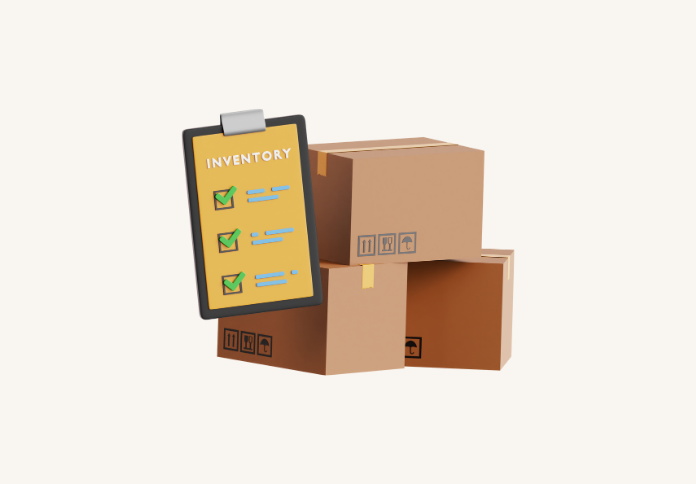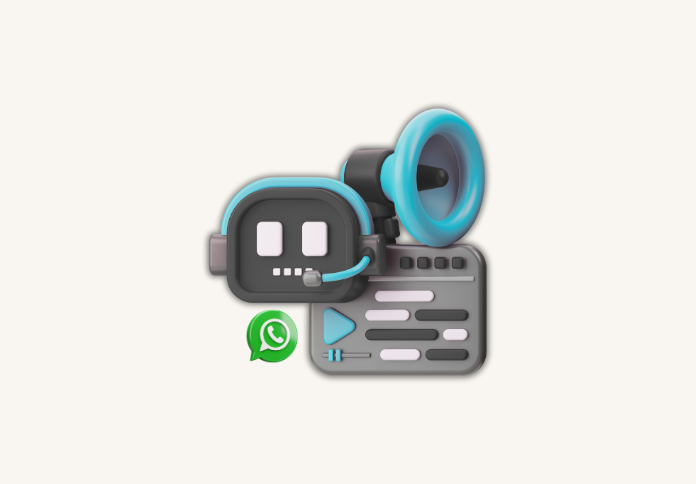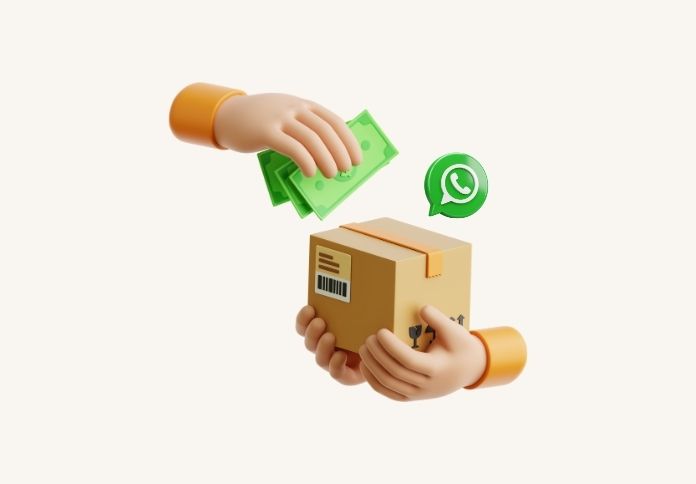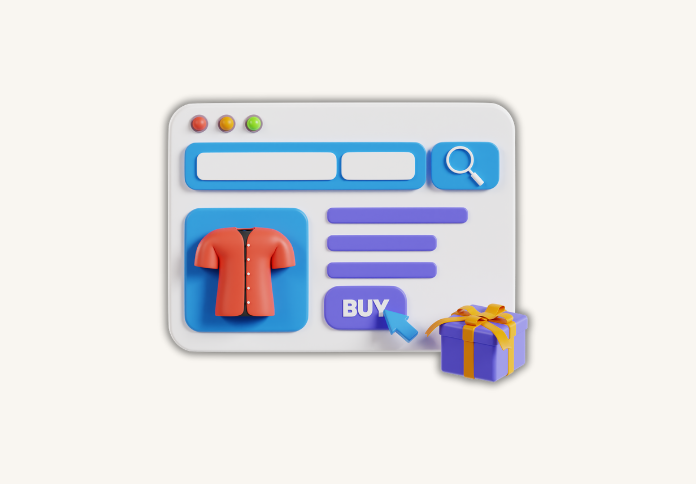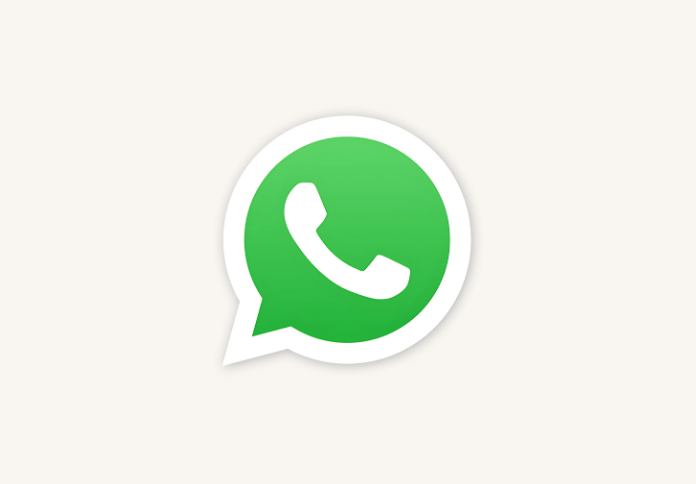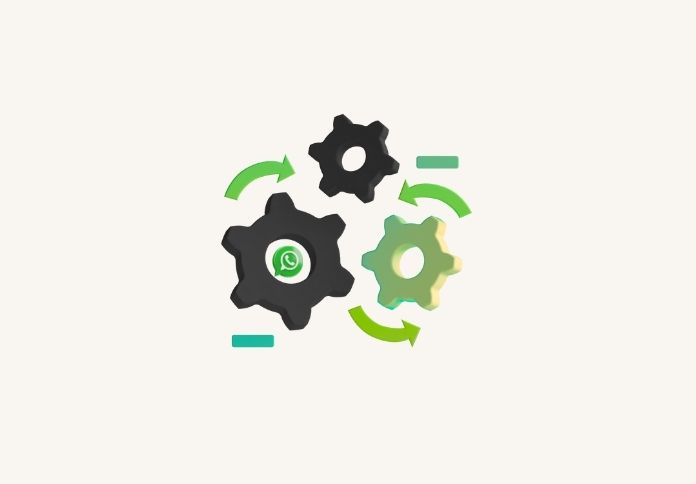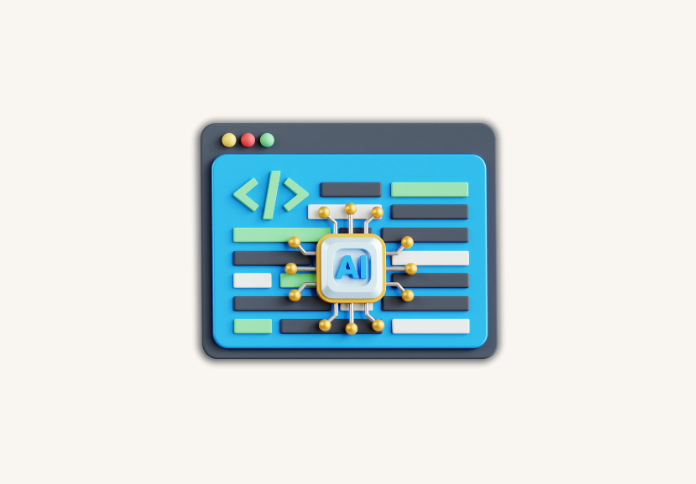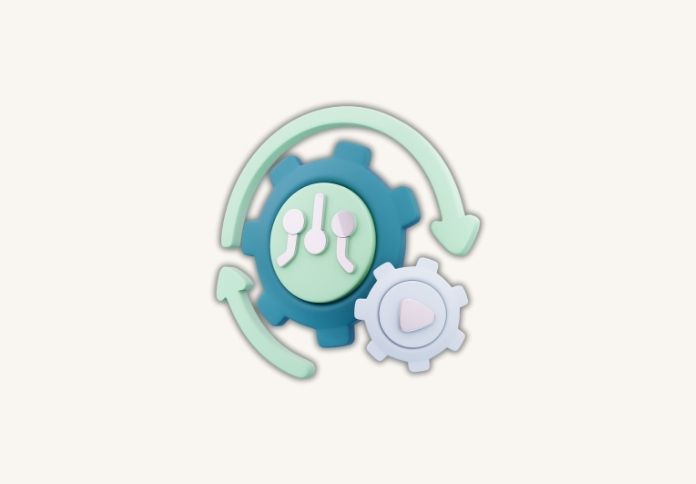
Whatsapp Automation: Streamline Your WhatsApp Communication with Automation
Whatsapp Automation: Streamline Your WhatsApp Communication with Automation

Imagine responding to customer inquiries right away, boosting engagement and satisfaction. With WhatsApp automation, businesses can send timely, personalized messages automatically. This changes how they talk to customers.
Use business messaging platforms with the WhatsApp Business API or WhatsApp Business Platform to automate whatsapp messages. This makes your business communication better. It lets companies answer customer questions fast, making the experience more engaging and satisfying.
Key Takeaways
- Automate WhatsApp messages to improve customer engagement
- Enhance business communication with timely and personalized responses
- Leverage business messaging platforms for seamless integration
- Improve customer satisfaction with instant responses
- Streamline your business communication with WhatsApp automation
What Is WhatsApp Automation and Why It Matters
https://www.youtube.com/watch?v=04u2pElmxXs
In Morocco, businesses are finding new ways to talk to customers. WhatsApp automation is a big part of this. It uses tech to send messages automatically, making it easier to talk to customers.
The Evolution of WhatsApp for Business
WhatsApp has changed a lot for businesses. It started as a way to chat with friends but now helps companies talk to customers. The WhatsApp Business API made it even better, letting companies use WhatsApp for service and marketing.
Key Features of WhatsApp Business API:
- Automated messaging capabilities
- Integration with CRM systems
- Enhanced customer support
- Marketing automation
How Automated Messaging on WhatsApp Works
Automated messaging on WhatsApp connects the WhatsApp Business API or WhatsApp Business Platform with your systems. This lets businesses send messages like order updates and greetings automatically.
WhatsApp Business API vs. Regular WhatsApp
The WhatsApp Business API is for bigger businesses. It lets them use WhatsApp in their systems. Regular WhatsApp is better for personal use or small businesses.
Key Differences for Moroccan Businesses
| Feature | WhatsApp Business API | Regular WhatsApp |
|---|---|---|
| Automated Messaging | Supported | Limited |
| Integration with CRM | Yes | No |
| Customer Support | Enhanced | Basic |
For Moroccan businesses, knowing the difference is key. Using the WhatsApp Business API can really help with customer service and work flow.
A WhatsApp expert said, "The WhatsApp Business API changes the game for businesses wanting to automate customer talks and better their customer experience."
"The WhatsApp Business API has enabled us to streamline our customer service and improve response times significantly."
A Moroccan Business Owner
Benefits of Automating Your WhatsApp Communication

Automating your WhatsApp communication brings many benefits to your business. It makes your operations more efficient and improves how you talk to customers. By using automated messaging on WhatsApp, you can do more with less effort.
Time and Resource Savings
Automating WhatsApp saves you time and resources. This lets your team work on more important tasks. They can handle complex jobs that need their full attention.
- Reduces the workload on customer support teams
- Minimizes the need for human intervention in routine inquiries
- Enables 24/7 customer support without additional staffing
Improved Customer Engagement Metrics
With WhatsApp automation tools, you can engage customers better. You can respond quickly and accurately. This makes customers happier and more loyal to your brand.
"Automation has helped us increase our customer engagement by 30%," said a marketing manager at a Moroccan e-commerce company.
Enhanced Response Rates and Satisfaction
Automated messaging on WhatsApp ensures fast answers to customer questions. This boosts response rates and customer happiness.
Scalability for Growing Businesses in Morocco
As your business grows, WhatsApp automation helps you handle more customers. You can grow without needing more staff or resources.
Success Stories from Local Companies
Many Moroccan businesses have seen great results from WhatsApp automation. For example, a local retail chain's sales increased by 25%. They automated their order updates and customer support.
Essential WhatsApp Automation Tools for 2023
https://www.youtube.com/watch?v=Z9UZfL9RoBM
In 2023, WhatsApp automation tools for businesses are more varied than before. Companies in Morocco are using WhatsApp to talk to customers more effectively. It's important to know about the different tools available to improve messaging.
Official WhatsApp Business API Solutions
The WhatsApp Business API is a key tool for big companies. It lets businesses add WhatsApp to their systems for automated support and updates. To use it, companies need to work with an approved Business Solution Provider (BSP) to meet WhatsApp's rules.
Third-Party Automation Platforms Available in Morocco
There are many third-party platforms for WhatsApp automation in Morocco. They offer features like automated messages, chatbots, and analytics. Some popular ones include:
- Platforms that offer no-code solutions for automating WhatsApp messages
- Services that provide advanced chatbot development capabilities
- Tools that integrate WhatsApp with CRM systems and other business applications
Chatbot Development Tools for WhatsApp
Chatbot tools are key for making smart WhatsApp messages. They use NLP and machine learning to understand and answer customer questions well. Some tools also have pre-built templates and drag-and-drop interfaces to make it easier to create chatbots.
No-Code Automation Options for Non-Technical Users
No-code WhatsApp tools are great for businesses without tech experts. They let users set up automated messages and chatbots without coding. They're perfect for small to medium-sized businesses in Morocco.
Pricing Considerations for Different Tools
The cost of WhatsApp automation tools varies a lot. It depends on the features, how much you can use it, and the support you get. Here's a look at some common pricing:
| Tool Type | Pricing Model | Typical Cost |
|---|---|---|
| WhatsApp Business API | Conversation-based | $0.0045 - $0.0114 per message |
| Third-Party Automation Platforms | Subscription-based | $50 - $500 per month |
| Chatbot Development Tools | Feature-based | $100 - $1,000 per month |
| No-Code Automation Tools | Subscription-based | $20 - $200 per month |
When picking a WhatsApp tool, think about what you need, how many messages you'll send, and the support you want. The right tool can help you talk to customers better, work more efficiently, and grow in Morocco.
Setting Up WhatsApp Automation: Step-by-Step Guide

WhatsApp automation tools are becoming more important. Learning how to set them up is key. It can make your business more efficient and improve customer interaction. Here's how to set up WhatsApp automation step by step.
Step 1: Getting Started with WhatsApp Business API
To start automating WhatsApp messages, first get the WhatsApp Business API. You need to verify your business phone number and get WhatsApp's approval. You'll have to share some business details and follow WhatsApp's rules.
After approval, you get an API key. This key lets you link WhatsApp with your automation tool. This link is key for sending automated messages efficiently.
Step 2: Choosing the Right Automation Tool
Picking the right WhatsApp automation tool is crucial. There are many tools, from WhatsApp's official API to third-party platforms. Look for tools that are easy to use, grow with your business, and work with your systems.
Step 3: Creating Your First Automated Workflow
After setting up your API and tool, create your first automated workflow. Define what triggers and actions will send your WhatsApp messages. For example, welcome messages for new customers or updates on orders.
Think about where automation can help your business. This could be in customer support, order updates, or reminders for appointments.
Step 4: Testing and Optimizing Your Setup
Test your automated workflows to make sure they work right. Check that messages are sent correctly and workflows don't have errors.
Troubleshooting Common Setup Issues
When testing, you might find problems like messages not sending or wrong triggers. Check your API settings, tool logs, and workflow setup to fix these issues.
By following these steps and improving your setup, you can automate WhatsApp messages well. This will help you engage with customers better.
How to Automate WhatsApp Messages for Different Scenarios
https://www.youtube.com/watch?v=dYpF5rhD9wk
WhatsApp automation helps businesses manage various messaging needs. This includes welcome messages and reminders for appointments. It makes customer service better, cuts down on wait times, and boosts work efficiency.
Creating Effective Welcome Messages and Greetings
The first message to a customer can shape their whole experience with your business. Automating welcome messages means every customer gets a quick, personal greeting. You can share important details like business hours, how to contact you, or links to common questions.
Setting Up Customer Support Automation
Good customer support is key for any business. Automated customer support on WhatsApp gives fast answers to simple questions. This lets your team focus on harder issues, making customers happier and more satisfied.
Implementing Order Updates and Notifications
Keeping customers updated on their orders is vital. Automating order updates and notifications on WhatsApp makes this easy. You can send messages for when orders are confirmed, shipped, or delivered, keeping customers involved every step of the way.
Configuring Appointment Reminders and Scheduling
WhatsApp automation is great for sending appointment reminders. It helps cut down on missed appointments and keeps customers on schedule. You can also let customers book or change appointments right in the chat.
Localizing Messages for Moroccan Customers
When reaching out to Moroccan customers, it's crucial to localize your messages. Use Arabic or French, depending on your audience, and be mindful of cultural differences. This can really boost engagement and loyalty among your customers.
Automating WhatsApp messages and tailoring them for Moroccan customers can make your communication more personal and effective. It meets the specific needs of your audience.
Building an Effective Chatbot for WhatsApp

An effective WhatsApp chatbot can change how you talk to customers. It automates answers and offers support any time. This boosts customer happiness and loyalty.
Designing User-Friendly Conversational Flows
To make a good chatbot, design flows that are easy to use. Plan out how users will talk and make sure the chatbot answers well.
Implementing Natural Language Processing Features
Natural Language Processing (NLP) is key. It lets your chatbot understand and answer questions better. With NLP, your chatbot can grasp language nuances and give accurate answers.
Creating Interactive Menu Options
Interactive menus make things easier for users. They offer clear choices and help guide the conversation. This is great for those who like a more structured chat.
Handling Complex Customer Queries Automatically
Advanced chatbots can tackle tough questions on their own. They use better NLP and might connect to a human team for harder issues.
Supporting Multiple Languages (Arabic, French, English)
For businesses in places like Morocco, speaking many languages is crucial. Use language detection in your chatbot to answer in the user's language.
Some benefits of a chatbot that speaks many languages include:
- More customers reached
- Happier customers
- Better brand image
By following these tips and adding advanced features, you can create a WhatsApp chatbot. It automates support and offers a personalized, engaging experience.
WhatsApp Marketing Automation Strategies
https://www.youtube.com/watch?v=80kRSlhSFbo
Automating your WhatsApp marketing can boost customer engagement and cut costs. To do this, you need to use effective strategies that match your business goals.
Building and Segmenting Contact Lists
Creating a strong contact list is key to WhatsApp marketing success. Use organic list building methods like opt-in forms on your site or during customer chats. Segmenting your list helps send more targeted messages based on customer interests or demographics.
Creating Targeted Campaigns for Moroccan Audiences
When making campaigns for Moroccans, think about their local likes, languages, and cultural details. Personalization is crucial for better engagement. Use customer data to make your messages more personal and engaging.
| Campaign Type | Target Audience | Message Content |
|---|---|---|
| Promotional | Existing Customers | Exclusive Offers |
| Informational | New Subscribers | Welcome Messages |
| Transactional | All Customers | Order Updates |
Measuring Campaign Performance with Analytics
To see how well your WhatsApp marketing works, use analytics tools. Look at open rates, click-through rates, and conversion rates. This helps you know what to improve.
Ensuring Compliance with WhatsApp Policies
Following WhatsApp's rules is vital to avoid losing your account. Make sure your messages follow their rules on consent, content, and spam.
Best Times to Send Messages in Morocco
Knowing the best times to send messages can really help. For Moroccans, send messages during business hours or when they're likely to be online.
Overcoming Challenges in WhatsApp Automation

The path to successful WhatsApp automation comes with obstacles. These include message template limits and managing user consent. By tackling these issues, you can fully use automated messaging on WhatsApp.
Navigating Message Template Restrictions
WhatsApp has strict rules for message templates to fight spam and keep users happy. Businesses must write their templates carefully and get WhatsApp's okay. This step is crucial for sending messages without trouble.
To beat this hurdle, make your message templates clear, short, and useful. Always check and update your templates to stay within WhatsApp's rules.
Managing Opt-ins and User Consent
Getting and handling user consent is key for WhatsApp automation. You must make sure users agree to get messages from you. Have a clear opt-in process and let users change their minds or preferences easily.
Understanding Costs and Pricing Models
The cost of using WhatsApp automation varies a lot. Know the pricing of different WhatsApp automation tools. Pick the one that matches your business's needs and budget.
Balancing Automation with Human Touch
Automation is great, but keeping a human touch is vital. Make sure your automated messages feel personal. Also, have a plan for when customers need to talk to a real person.
Adapting to Local Communication Preferences
In places like Morocco, knowing local communication habits is important. Customize your WhatsApp strategy to fit your audience. Consider language, time zones, and cultural differences.
Conclusion: Maximizing the Potential of WhatsApp Automation
WhatsApp automation can change how we talk to customers and make business communication smoother in Morocco. It offers many benefits and tools to help you grow your business. By using it right, you can make your customers happier and your business stronger.
Using a chatbot for WhatsApp can give your customers support any time of day. WhatsApp marketing automation helps you reach more people. And, using automation makes talking to customers easier. This can make your customers happier, get more responses, and help your business succeed.
To really benefit from WhatsApp automation, pick the best tools and strategies for your business. Follow the steps in this article to unlock WhatsApp's full power. This will take your customer service to a new level.
FAQ
What is WhatsApp automation and how can it benefit my business?
WhatsApp automation uses software to send messages automatically. This helps businesses answer customer questions quickly. It makes customers happier and saves time.
What is the difference between WhatsApp Business API and regular WhatsApp?
WhatsApp Business API is for businesses. It lets companies send messages automatically. Regular WhatsApp is for personal use.
How do I get started with WhatsApp automation?
First, apply for the WhatsApp Business API. Then, pick an automation tool that works with WhatsApp. Set up your automated messages.
What are the benefits of using chatbot development tools for WhatsApp automation?
Chatbot tools help create chatbots that answer customer questions. This boosts customer interaction and cuts down on support needs. They offer features like natural language and WhatsApp integration.
How can I ensure compliance with WhatsApp policies when automating WhatsApp messages?
Get user consent before sending messages. Use approved templates and avoid spam. Keep up with WhatsApp's rules and update your setup as needed.
Can I automate WhatsApp messages for different scenarios, such as customer support and order updates?
Yes, you can automate messages for many scenarios. Use tools and platforms to create workflows for your business.
How do I measure the performance of my WhatsApp automation campaigns?
Track delivery, open, and response rates. Use WhatsApp Business API and other platforms for analytics. This helps improve your campaigns.
What are the costs associated with WhatsApp automation, and how can I manage them?
Costs depend on the tool, API, and other factors. Manage costs by considering message volume and pricing models.
How can I balance automation with human touch in my WhatsApp communication?
Use automation for simple questions. Send complex issues to human support. Personalize messages and use natural language for a human feel.

